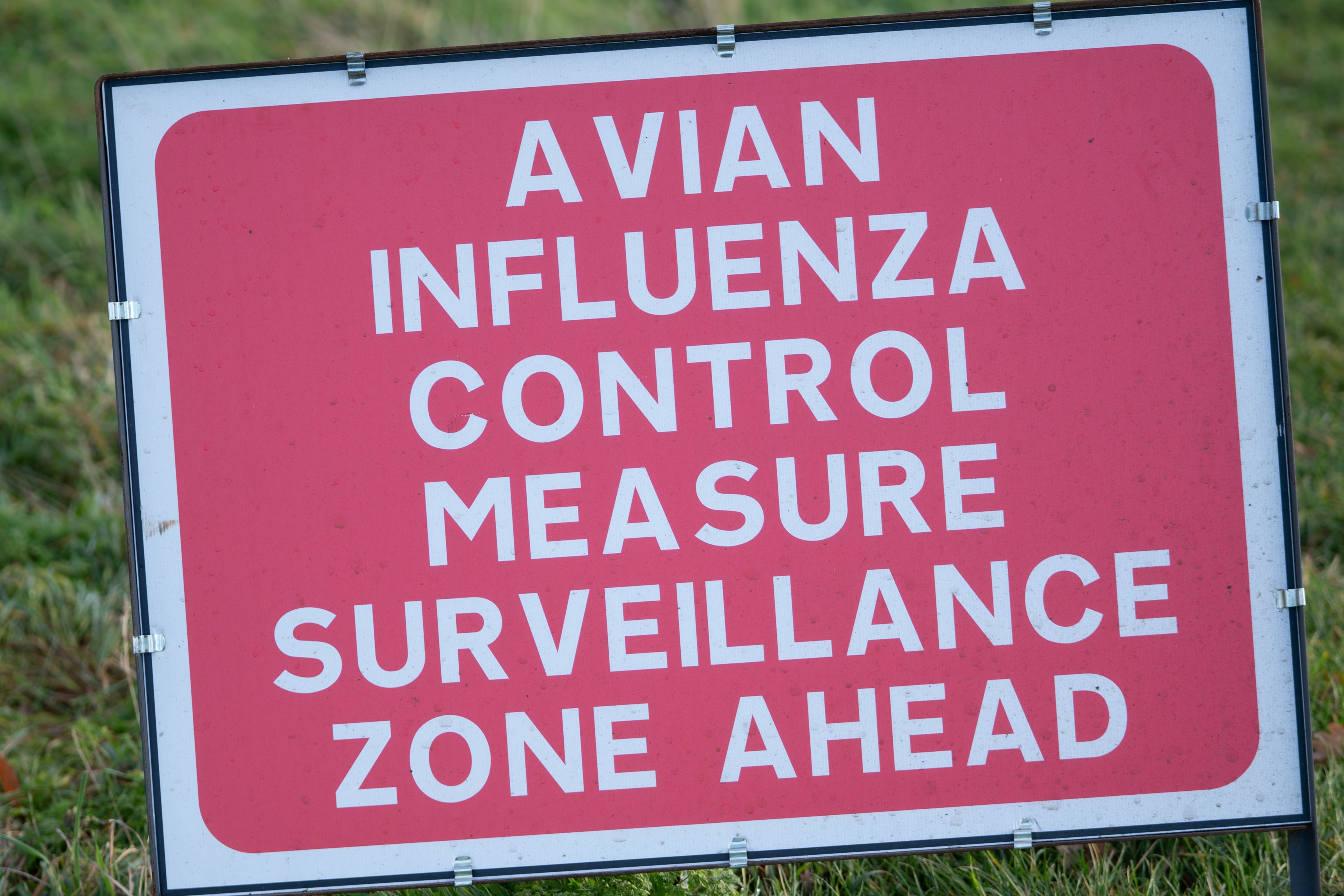Birds culled as avian influenza case detected in Sussex
All poultry on the premises have been humanely culled.

Your support helps us to tell the story
From reproductive rights to climate change to Big Tech, The Independent is on the ground when the story is developing. Whether it's investigating the financials of Elon Musk's pro-Trump PAC or producing our latest documentary, 'The A Word', which shines a light on the American women fighting for reproductive rights, we know how important it is to parse out the facts from the messaging.
At such a critical moment in US history, we need reporters on the ground. Your donation allows us to keep sending journalists to speak to both sides of the story.
The Independent is trusted by Americans across the entire political spectrum. And unlike many other quality news outlets, we choose not to lock Americans out of our reporting and analysis with paywalls. We believe quality journalism should be available to everyone, paid for by those who can afford it.
Your support makes all the difference.Birds have been culled following a case of avian influenza in Sussex.
All birds on the premises located in north Bexhill have been humanely culled by the Department for Environment, Food and Rural Affairs (Defra).
A three-kilometre protection zone, covering most of Bexhill, and a 10-kilometre surveillance zone covering St Leonard’s-on-Sea, Battle, the outskirts of Hastings, Hollington and Ninfield have been established.
Anyone who lives within the three-kilometre protection zone and keeps poultry will, from next week, be contacted to ask them to complete a survey of birds kept.
Do not touch or pick up any dead or visibly sick birds that you find. Keep dogs on a lead
This will help scientists assess the risk of spread.
Birds within the three-kilometre zone should be kept housed, not outdoors. No movement of birds or eggs should take place within, or out of, the zone except under licence.
A Defra spokesman said: “The UK Health Security Agency (UKHSA) has said that avian influenza is primarily a disease of birds and the risk to the general public’s health is very low.
“However, if you find any dead wild birds in any location, including swans, ducks, geese, gulls, or birds of prey, please report to the Defra helpline at 03459 33 55 77.
“Do not touch or pick up any dead or visibly sick birds that you find. Keep dogs on a lead.”
Rother District Council, East Sussex County Council and other local partners are working with Defra to contain further spread.
For more information about avian influenza and the exclusion zone, visit the Government website.